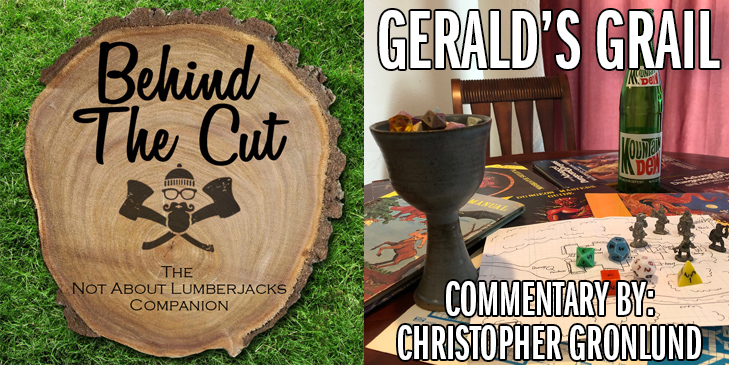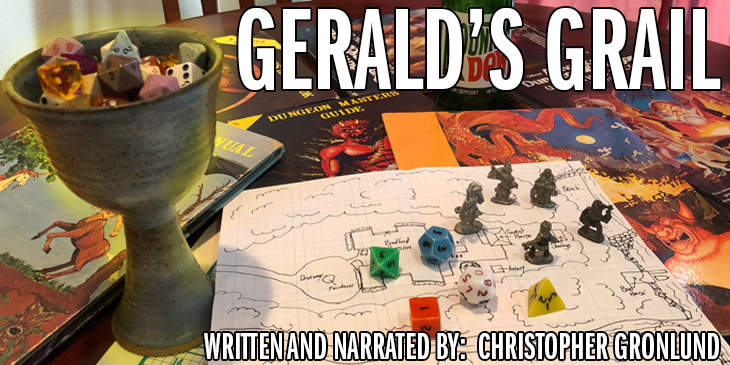
In this behind-the-scenes look at the latest Not About Lumberjacks story, I get personal and talk about why a character in “Godspeed, Crazy Mike” has Tourette syndrome…and how I approach writing about people with disorders and disabilities…
Podcast: Play in new window | Download
Subscribe: RSS



